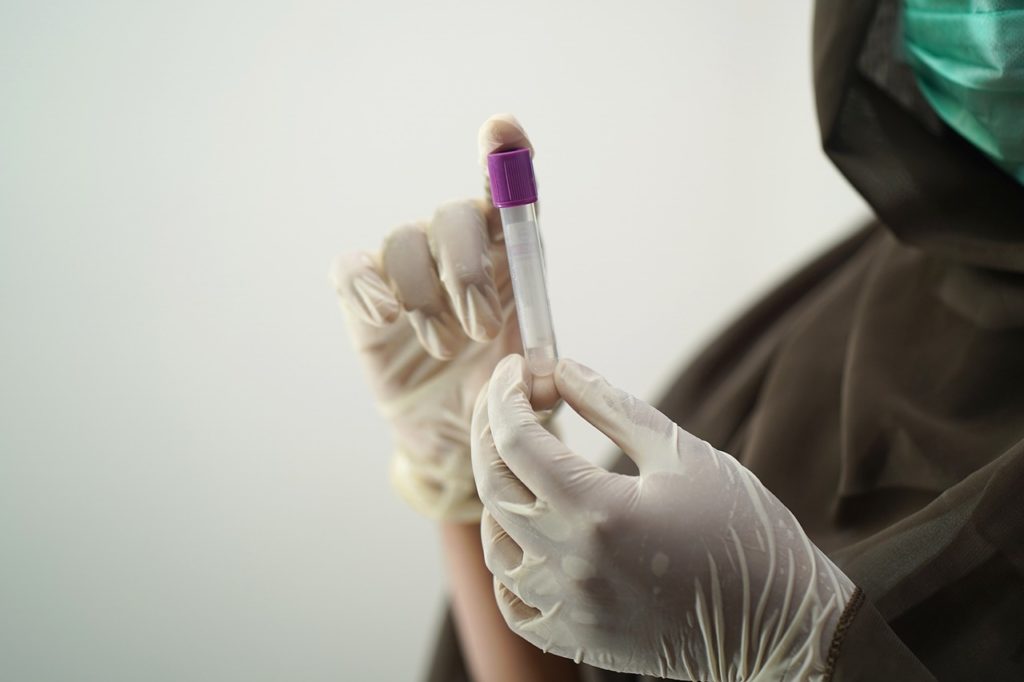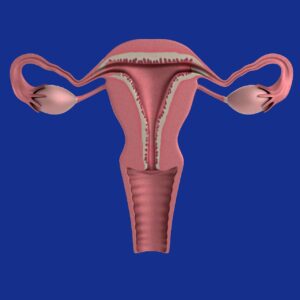According to a story from the Baltimore Sun, a childhood home of Henrietta Lacks – a Black woman often dubbed “the mother of modern medicine” – was unknowingly demolished just a few months before the COVID-19 pandemic began. Henrietta, born in Roanoke, Virginia, likely lived at the house for only about a year or so, early in life. The home had fallen into disrepair and was condemned by the city.
A Hidden Discovery
Former mayor of the city, Nelson Harris, learned that the house was associated with Lacks by researching old residential records from the time. However, he failed to spread the word in time. The structure was not located in a historic district and was therefore assumed, at least by law, to have little historic value. The incident has inspired a local campaign to organize a memorial for Lacks. The address for the house had been 1102 Norfolk Ave.
Henrietta was 31 years old when she was being treated at Johns Hopkins University for cervical cancer, a rare disease.
About Cervical Cancer
Cervical cancer affects the cervix, which is the lower part of the uterus. It often does not cause symptoms at first. In the majority of cases, infection with human papillomavirus (HPV) is the cause. Other risk factors include smoking, using oral contraceptives for a long time, and having a large number of children. The majority of cervical cancers are squamous cell carcinoma. Symptoms include vaginal bleeding, bleeding after sex, pain during sex, vaginal discharge, swollen legs, pain affecting the pelvis, legs, or back, fatigue, weight loss, and appetite loss. Treatment for cervical cancer can include hysterectomy, trachelectomy, radiation therapy, and chemotherapy, sometimes in combination. Outcomes for this cancer have improved in developed nations, mostly due to earlier detection via screening. The five year survival rate in the US is around 68 percent. To learn more about cervical cancer, click here.
During her time at the university, the doctors extracted some of her cancer cells; she died shortly after. Without her knowledge or consent, these cells were used in research and ultimately led to the development of the HeLa cell line, named in her honor. These cells were the first ever immortalized human cell line. Because of their ability to replicate indefinitely in the lab setting, they have been used as an incredibly valuable tool for research. Her cells have generated billions in profit for the pharma industry and led to outstanding medical breakthroughs, such as the polio vaccine.
The story of Henrietta raises ethical concerns about consent in medical research, as well as privacy. At the time, permission to use a person’s cells for research was neither legally required nor commonly sought, something that has changed today. The family only learned in 1975 that cells from Henrietta were being used in a mass scale for research. In the 1980s, her family’s medical records were published without their consent.
The Lacks estate recently filed a lawsuit in October 2021 against the company Thermo Fisher Scientific for profiting from Henrietta’s cells without their consent.
Harris had also informed state officials about the now-demolished house and had filed for a historical marker to be placed in front of it. He says that the request could receive approval later this year.






